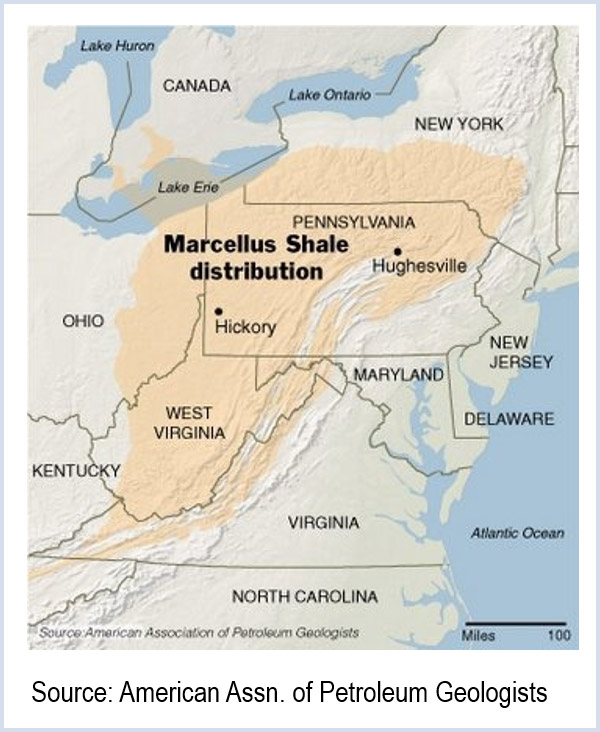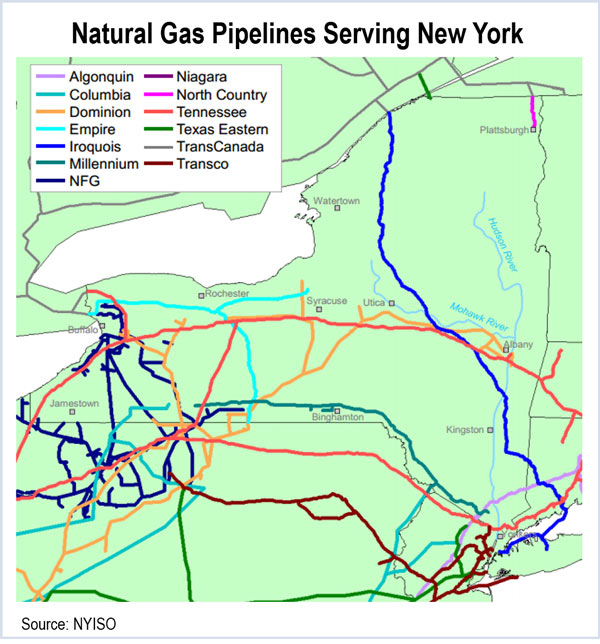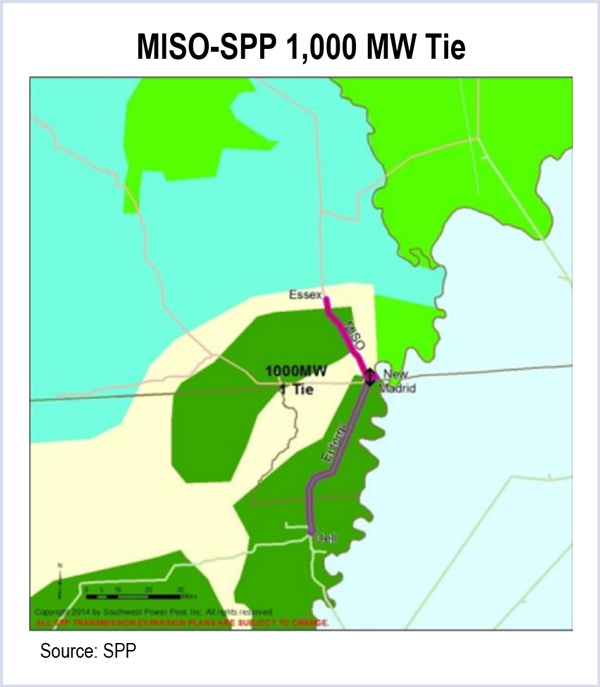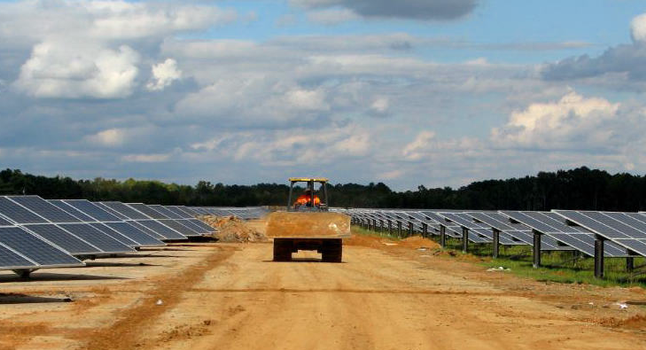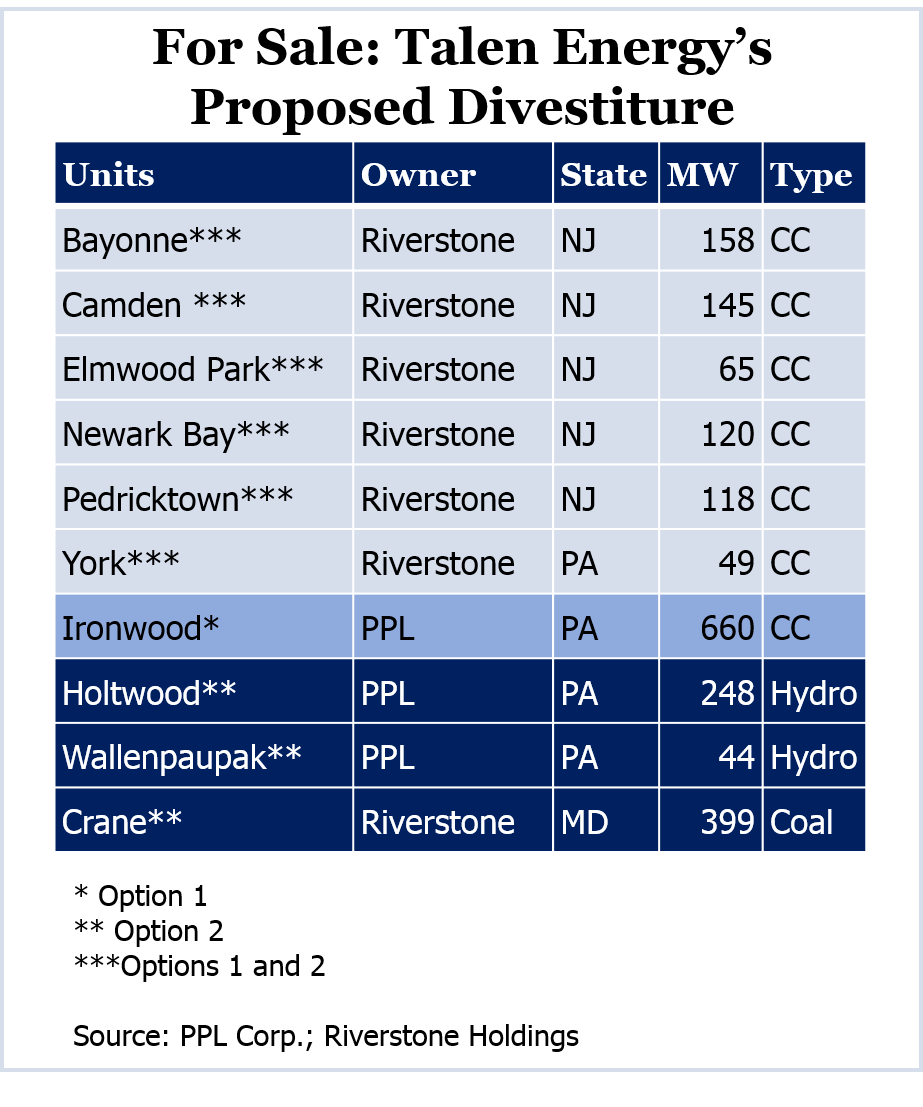By Ted Caddell
A North Carolina environmental group last week asked the Federal Energy Regulatory Commission to force Duke Energy and other utilities in the Southeast to form a regional transmission organization to share power reserves, rather than keep building new generating plants and boosting prices to pay for them.
The North Carolina Waste Awareness and Reduction Network (NC WARN), a frequent critic of Duke, noted that the merger of Duke and Progress Energy resulted in Duke supplying 95% of the electricity in North Carolina either directly or through municipal providers or cooperatives.
“Duke Energy manipulates the electricity market by constructing costly and unneeded generation facilities, directly leading to generating capacity far above what is reasonable or necessary to meet demand,” NC WARN’s complaint (EL15-32) said.
NC WARN also said Duke, in “not effectively connecting” its transmission system with neighboring utilities, has not complied with Order 1000.
The group said those utilities, including Dominion Resources, Southern Co. and the Tennessee Valley Authority, also have excess reserve margins. “The excess capacity throughout the Southeast region can and should be used among the various utilities to supplement each other’s generation requirements, rather than to duplicate the waste of unneeded or underutilized generation,” the group said.
The group cited the North American Electric Reliability Corp.’s 2014 Summer Reliability Assessment, which showed reserve margins of 24% in SERC-E (the Carolinas), 26% in SERC-N (primarily TVA), 37% in SERC-SE (primarily Georgia and Alabama) and 29% in the Florida Reliability Coordinating Council.
“The resulting total for [the] Southeast is much greater than the [NERC] reference margin of 14.8%,” the group said.
Duke said in a statement that it is following a responsible building program, and that its natural gas plants are necessary, replacing older, coal-fired plants.
“The North Carolina Utilities Commission has repeatedly rejected NC WARN’s similar arguments in the past,” Duke said. “In addition, the North Carolina Public Staff — which represents customers and the public — has repeatedly supported, as reasonable, Duke Energy’s investment in power plants and electricity reserves to meet customer needs at all times.”
NC WARN asked FERC to hold hearings in Raleigh, investigate Duke’s building plans and order Duke and its neighbors to form an RTO.
FERC has repeatedly ruled that RTO membership is voluntary. However, it has pushed Duke to join with its neighbors in interregional planning under Order 1000. (See FERC Rebuff of Duke Could Mean Closer Ties with PJM.)
